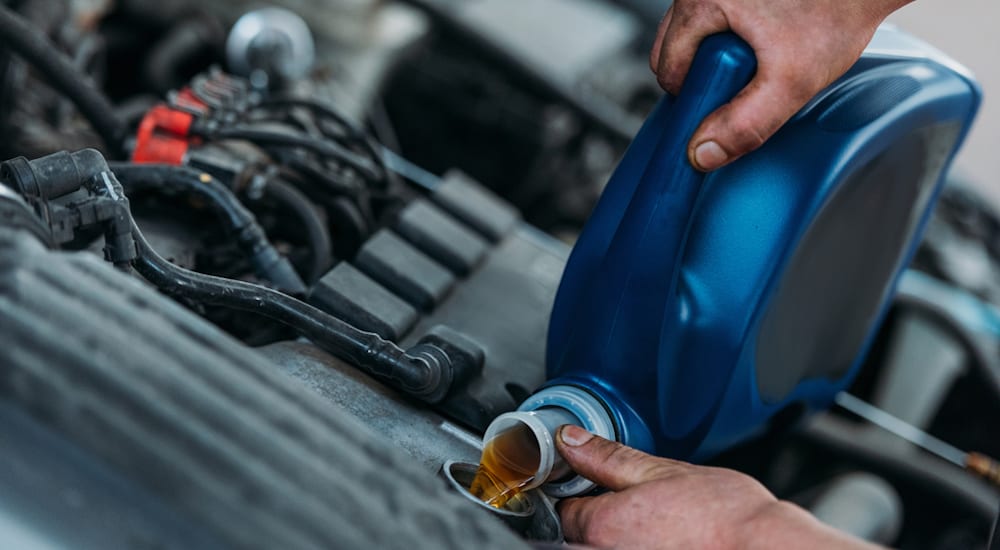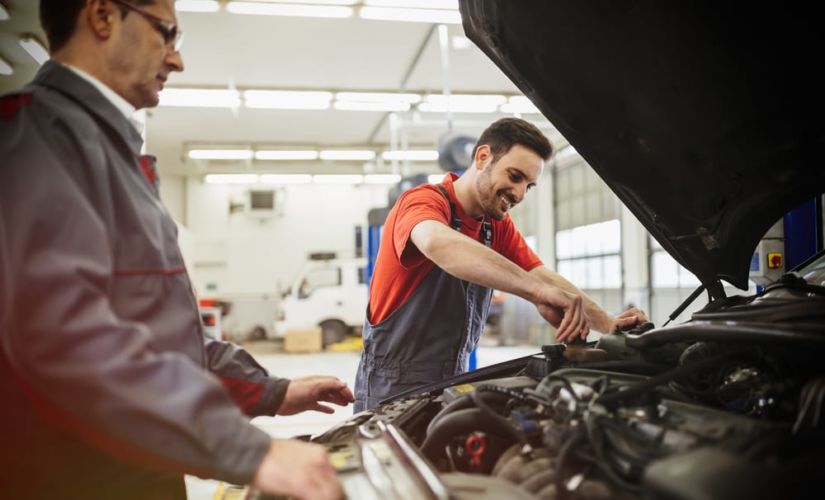It’s no secret that buying used cars can potentially pose a problem if they break down or if you end up buying a lemon that is totally not worth the thousands of dollars invested in fixing it. You owe it to yourself and your sanity to diligently prepare for any used car issues. Review these ways that you can prepare for buying a used car.
Do Your Homework
Check out the Used Car Buying Guide from DMV.org to find helpful tips on buying used cars. They provide helpful information on setting a budget and using common sense when figuring out what you can actually spend on the vehicle purchase. They give tips on figuring in hidden costs to your budget like projected insurance payments, fees and taxes, fuel costs, oil changes, maintenance costs, and the vehicle depreciation rate.
It is important to spend less than your projected budget, so you can be prepared for unexpected costs that may arise from car repairs and the regular maintenance of the vehicle. Remember, you will not have an extended warranty that you would get when purchasing a new vehicle.
Helpful Online Resources
When buying a used car, you want to make sure you are making this decision with all the facts. There are a wide variety of online resources available to you to help you with the research and decision-making process. Carcomplaints.com is an informative website that provides guidance on current defect trends, listings of the worst vehicles, vehicle news, investigations, recalls, and complaints. You can use this website as a jumping off point in your own investigation to figure out what type of used cars you are interested in and would be best for your lifestyle and current driving needs.
Common Issues with Used Cars
Consumer Reports is a reputable magazine that offers invaluable information to consumers about various products, so they are better informed when making purchases. They do an annual auto survey to identify trends in trouble areas for vehicles. To help consumers understand the potential severity of issues, they have separated the common problems into sections depicting possible problems at three, six, and nine years.
Let’s take a look at some of these issues you may experience with your vehicle, as shown in the Consumer Reports research.
- Transmission
- Suspension
- Exhaust
- Fuel System
- Power Equipment
- Engine
- Engine Cooling
- In-Car Electronics
- Noises/Leaks
- Paint/Trim
- Body Hardware
- Brakes
- Drive System
- Climate System
- Electrical
As expected, the cars that were three years old, had fewer issues than the ones that were six and nine years old. However, this listing gives you a good idea of the common problems with used cars.
The more technical integration a vehicle has, the greater the risk of electrical problems. Cars with manual transmissions that have a lot of miles run the risk of clutch issues, whether slipping or burning out. As the vehicle ages, issues with the turbocharger can be pricey. You need to have highly functional brakes to ensure optimal safety when driving.
For more data on over 500,000 vehicles, check out the Consumer Reports Guide to Car Reliability. You’ll find credible ratings on how vehicles hold up through the years and the probability that you’ll experience issues with a specific car. Vehicles that are nine years old have a 4.7 percent risk of brake failure. Six-year-old vehicles have a 2.9 percent risk, and three-year-old vehicles have a 0.7 percent risk.
Hybrid and electric cars have phased out the traditional alternator. However, issues with the alternator can be a problem with older used cars. There is a failure rate of 4.3 percent. You may have to deal with other issues like a failing window motor/regulator, EGR valve, air conditioner condenser, or cylinder head gasket.
Create an Action Plan
Reading about these potential used car issues can be overwhelming. Don’t let these potential problems derail you from your plan to purchase a vehicle. You simply need to be prepared for the possibility of issues and have an action plan in place, ready to handle anything that comes your way.
There are some issues that you won’t necessarily need a mechanic to help fix, but you need to be prepared to deal with. These are generally less expensive issues than the ones depicted in the previous section—but issues you need to be ready for as well.
Fixing a Flat Tire – you need to make sure you have an adequate spare tire available.
Head or tail light failure – you can easily check with the local parts store for help.
Dead Battery – use a tester or charger to check if the battery is the problem if the vehicle doesn’t start; otherwise there may be issues with the starter or alternator. A metal brush may be needed to clean off any corrosion. If you need to replace the battery, remove the ground wire and replace the battery.
You’ll need to have an action plan in place for where you will take the used car for routine maintenance like oil changes, tune-ups, new tires, tire rotation, and tire alignment. Take the time to research local garages beforehand, so when issues arise, you won’t be caught unaware. If you’ve done your research and checked out legitimate mechanic shops that offer reasonable rates for parts and labor, then you will be ready when you need to take your car in for routine maintenance or unexpected mechanical issues.
Your action plan must include a review of your budget, so you set aside money in a fund for potential car repairs. Anything can happen. You need to be ready with the funds to pay for any maintenance or repairs.
Implement a plan for your own car maintenance review which consists of some of the following:
- Regularly wash and vacuum the vehicle
- Check the windshield wipers and washer fluid.
- Remember to check tire pressure and wearing.
- Regularly inspect all exterior and interior lights.
There will be some things on this checklist that you may be unfamiliar with. You have the option to learn more about basic mechanical features of the car, ask a friend or family member who is familiar with such things, or take the vehicle in for regular maintenance. Some things to check for are the wear and tear on the brake pads, brake fluid, transmission fluid, power steering fluid, engine coolant, complete oil changes, replace spark plugs, replace the air filter, and complete diagnostic checks on electronics, brake system, heating and cooling system, and engine system.

Preparation Pays Off
Preparing for used car issues takes diligence and effort on your part. You want to make sure that you are ready to handle anything that comes from owning a used car. Thoroughly research all your options for purchasing the right used car that is well-known for superior reliability. Check online resources to find out what other car owners have said about the specific used car that you are considering purchasing. Check out the Consumer Reports survey to fully comprehend the vast possibility of potential issues with used cars. This is not to scare you, but rather to prepare you to handle what may come effectively. Finally, have your action plan in place. You need to be ready with reliable mechanics on your side who will not upsell you for work that your vehicle does not need—and has your best interests in mind.
Throughout this process, you need to stay focused on your goal which is to find the right used car for you and be prepared for possible issues. Carefully, work through each step discussed in this article, and you will significantly increase your chances of driving away with the right used car for you, that will provide you with excellent performance value for the long haul.



